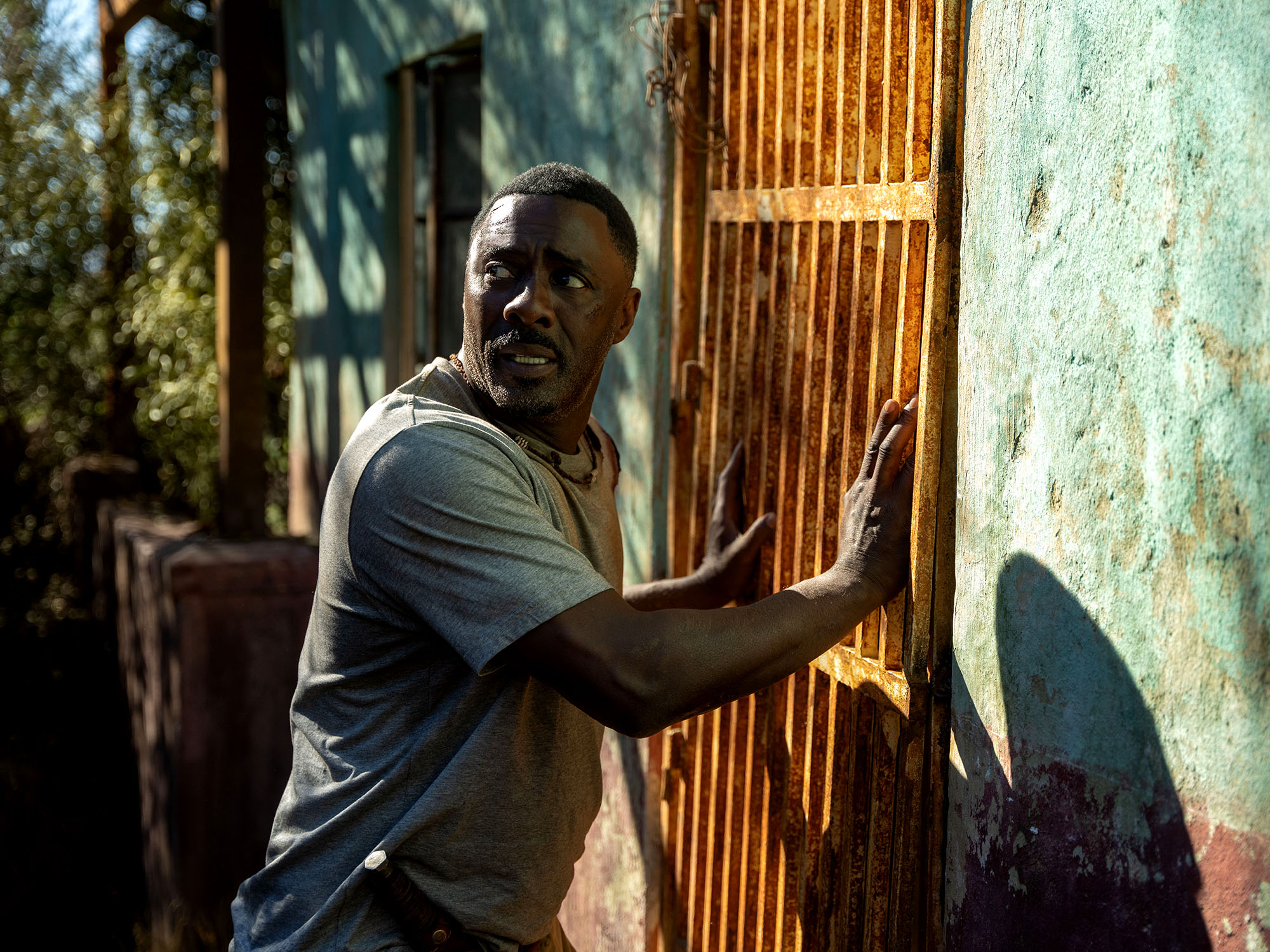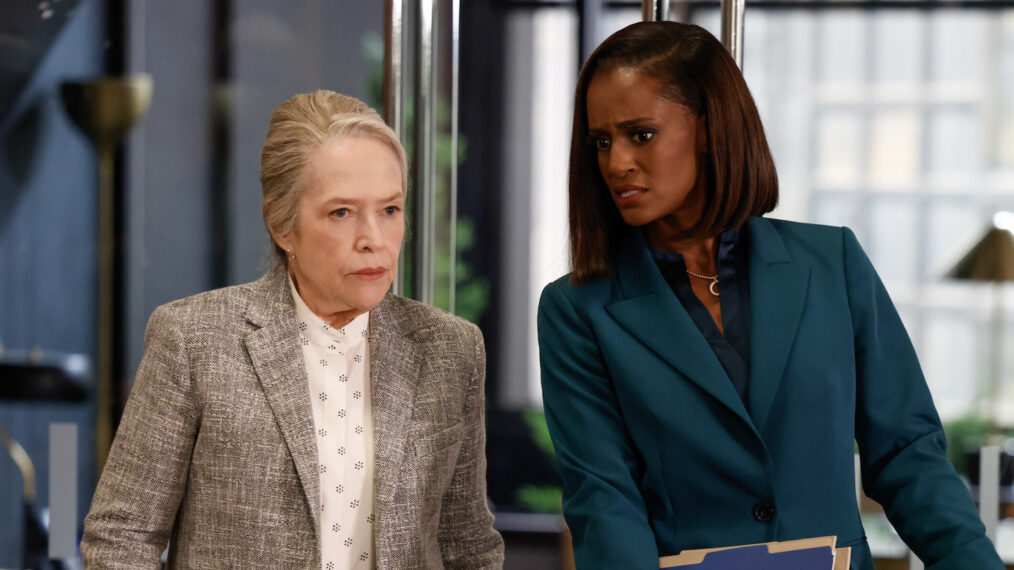Donald Trump kept dozens of classified documents at his Mar-a-Lago resort, including top secret intelligence information, according to a document released by the justice department on Friday.
The revelations were part of a heavily redacted version of the affidavit that underpinned this month’s dramatic search of the former president’s Florida home as FBI agents looked for classified material. A federal court in Florida had ordered a redacted version of the affidavit be released in response to requests from the media and other groups.
The document sheds new light on an initial batch of 15 boxes of material that Trump handed over to the US government in January after months of haggling with justice department officials.
Those boxes, which had been stored in a non-secure room for just over a year, contained 184 classified documents, of which 25 were marked top secret, according to the affidavit. An analysis of their contents triggered alarm in the justice department, leading to the search of Trump’s resort on August 8 for additional materials.
“A preliminary review of the 15 boxes indicated that they contained newspapers, magazines, printed news articles, photos, miscellaneous printouts, notes, presidential correspondence, personal and post-presidential records, and ‘a lot of classified records’,” according to the affidavit, which cited an unnamed FBI agent.
“Of most significant concern was that highly classified records were unfoldered, intermixed with other records, and otherwise unproperly [sic] identified.”
The FBI’s probe is just one of a number of legal problems facing the former president as he considers another bid for the White House in 2024.
The justice department is under pressure to investigate the role Trump played in last year’s attack on the US Capitol, while a grand jury in Georgia is investigating whether he and those around him broke the law by attempting to overturn the state’s 2020 election result.
According to the affidavit, FBI agents found markings on the documents retrieved from Trump’s residence that signalled they included intelligence from human sources and intercepted communications.
There were classified documents in 14 of the 15 boxes, they said, including 67 marked as confidential, 92 marked as secret and 25 marked as top secret.
After an initial review of the documents, the FBI has opened a criminal investigation into how the documents had been removed from the White House, where at Mar-a-Lago they had been stored and whether any more classified documents might remain there.
According to the affidavit, agents had reason to believe that classified or restricted documents remained at the Florida property and that they could also find evidence that Trump had tried to obstruct the department in its inquiries.
Agents said they wanted to search Trump’s office — known as the “45 Office” — as well as any other storage room where boxes might have been kept.
Trump responded to the search by accusing the FBI of acting for politically motivated reasons, and this week his lawyers filed a motion to appoint a court official to decide which documents the justice department would be allowed to view.
On Friday he responded to the release of the affidavit on his Truth Social platform. Referring to earlier reports that the documents contained information about nuclear weapons, he said: “Affidavit heavily redacted!!! Nothing mentioned on ‘Nuclear,’ a total public relations subterfuge by the FBI & DOJ, or our close working relationship regarding document turnover – WE GAVE THEM MUCH.”
The unredacted portions of the affidavit do not say whether nuclear information was among the documents.
Mark Warner, the Democratic chair of the Senate intelligence committee, said in a statement: “It appears, based on the affidavit unsealed this morning, that among the improperly handled documents at Mar-a-Lago were some of our most sensitive intelligence.”



























































![Mason Ramsey – Twang [Official Music Video] Mason Ramsey – Twang [Official Music Video]](https://i.ytimg.com/vi/xwe8F_AhLY0/maxresdefault.jpg)





















